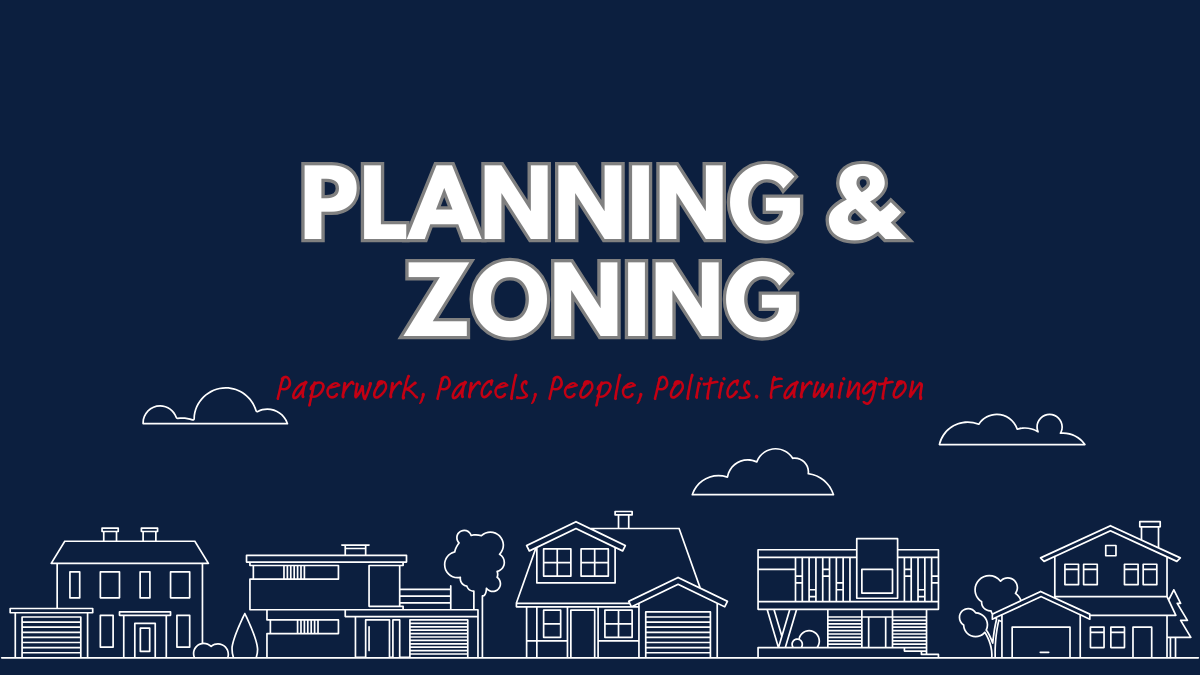America, We Need to Read—Or Pay the Price
By Jack Beckett
Farmington Mercury
America, we’re staring down a crisis that few seem to notice. We’re not reading enough, and the consequences are more significant than you think. It’s not just about missing out on great stories—it’s about losing control of our democracy.
Here’s the ugly truth: the average American spends just 17 minutes a day reading while devoting hours to binge-watching and social media (American Academy)(Mental Floss).
This isn’t just a cultural problem—it’s a civic crisis. The National Endowment for the Arts has shown that our reading comprehension skills are declining, with severe consequences for civic engagement (The Library of Congress).
Reading Directly Impacts Voting
You might think this doesn’t matter much. You’d be wrong. Low reading rates directly affect elections, especially primaries. Primaries, the elections where the real decisions are made, often have abysmally low turnout. It’s in these quiet elections that extremists gain traction because uninformed voters stay home (Mental Floss).
When we don’t read, we become passive. Informed voters are more likely to engage, show up to the polls, and understand the policies that affect their lives. By contrast, voters who don’t read are more susceptible to manipulation, sensationalism, and misinformation. And this isn’t just my opinion. Research shows that a well-read electorate is more likely to participate in elections, hold politicians accountable, and advocate for the issues that matter most(The Library of Congress).
Extremism Thrives in a Vacuum
Without reading, we’re left with shallow, knee-jerk reactions to political issues. As Munger warned, wisdom comes from deep engagement with ideas—something you don’t get from skimming headlines or doomscrolling through social media. This lack of depth is how extremists gain power, especially in low-turnout primaries. And let’s be real: when was the last time you even heard about a primary until it was too late to care?
If you don’t vote in primaries—and most Americans don’t—you’re letting a small, vocal minority decide your choices for you come November. And those choices? They tend to be the loudest, most extreme candidates on the ballot. This isn’t just about elections at the national level; it’s happening right here in Farmington. Local primaries shape our schools, zoning laws, and tax policies—issues that hit closer to home than any presidential election ever will.
Reading is the Solution
Here’s the deal: if you don’t read, you’re letting someone else think for you. And those “someone elses” are often the most extreme voices. Reading isn’t just about personal growth (though that’s important too); it’s about staying informed, being engaged, and making smart decisions in the voting booth.
Start small. Set aside 20 minutes a day to read a news article, a book, or even a long-form piece on policy. As Munger said, “As long as I have a book in my hand, I don’t feel like I’m wasting time.” And unlike doomscrolling, reading actually makes you smarter and keeps you engaged with the issues that shape your life (Neil Pasricha).
Jump-Start Your Weekly Reading with The Farmington Mercury
If you’re looking to start reading more, why not begin with The Farmington Mercury? Our Election 2024 coverage is the perfect place to learn about the candidates and policies that will shape Farmington’s future. Curious about how your tax dollars are being spent? Dive into our local zoning and board of education sections for in-depth reporting on issues directly impacting your daily life. Or explore our Farmington historic district stories to see how decisions today will affect our community for generations. Get informed, stay engaged, and start voting smarter.
Special Thanks to Farmington Storage, the only facility in Connecticut with museum-quality air to keep your books (and other valuables) in pristine condition. If you’re not reading your collection yet, store it at Farmington Storage. Your books deserve fresh air—even if you’re still binging Netflix.
For more biting commentary and thoughtful journalism, visit The Farmington Mercury. Follow us on Twitter for more insights, and don’t forget to subscribe to our newsletter for in-depth stories on local and national issues.
Jack Beckett
Columnist, caffeine addict, and Farmington’s last defender of democracy
(When I’m not reading, I’m writing about why you should be.)









